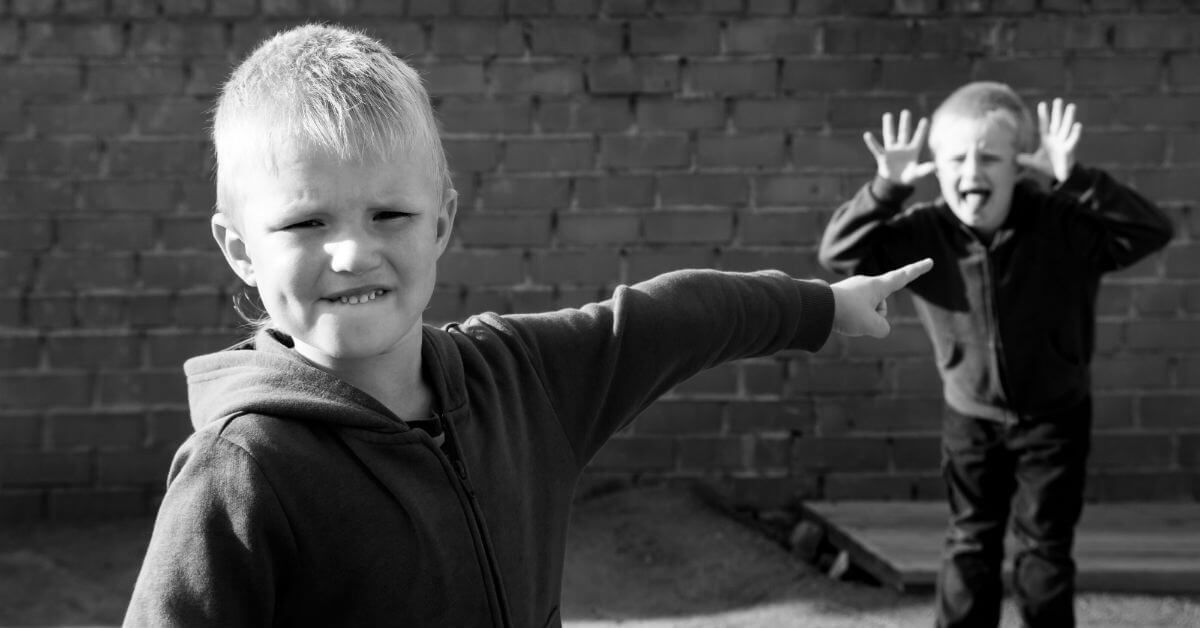You know that your teen needs help. You are not sure what approach you should take, but whatever program you decide, you want it to fit the problems that your adolescent faces. What are your options? What type of program is best for your troubled teen? The following overview provides you with some insight on choosing the program that will best meet your troubled teen’s needs.
Outpatient Programs
Your teen will live at home while attending an outpatient program. These often focus on specific problems, such as drugs, anger, ADHD/ADD or similar issues. Generally, outpatient treatment starts with a screening, thorough assessment and psychological evaluation to determine the types of issues the teen faces. The young person will attend individual, group or family counseling. However, your adolescent might need further intervention than these programs can provide.
Residential Programs
Your young person will live away from your home in an inpatient or residential setting. Parents often take advantage of these programs when outpatient treatment has not worked or if a child’s behavior is risky or dangerous to themselves or others. A summary of several types of residential programs follows.
Therapeutic Boarding Schools
A therapeutic boarding school includes an instructional setting for teens along with therapy, counseling and community service. Academics might include on-site teachers or instead use online instruction. Some schools include equine therapy or other types of alternative work programs. The school usually lasts one to two years, depending on how the program is designed.
Residential Treatment
Residential treatment for teens generally addresses very serious behavioral or emotional challenges, such as addiction, eating disorder or other problems. These issues have reached the point that they could even place the teen’s life in jeopardy. These treatment programs do not usually include academics, instead focusing on the behavioral issue to be addressed. Residential treatment programs usually last from 14 to 45 days. However, some long-term facilities do offer schooling for residents. Even so, the focus is on treatment and therapy to address the teen’s issues and facilitate a return to home.
Wilderness Camp
Wilderness camps, lasting from a few days to several months, put teens in a primitive environment away from technology, family and the familiarity of home. Teens learn basic survival skills, including camping, cooking and chores, and dependence on their fellow campers. They learn to appreciate nature as they confront the challenges that brought them to camp. They might participate in hiking, climbing, white-water rafting or similar activities. Due to the surroundings, wilderness camps do not include academics.
Boot Camp
Boot camps focus on regimented structure for the participants. Similar to a military school, they offer strict schedules and serious consequences for any program violations. While a boot camp might include academics, they aim to deter problem behaviors via intense physical activity for hours daily. Boot camps are sometimes used as a last-ditch resort for a juvenile who is headed toward a lifetime of criminal behavior.











0 Comments